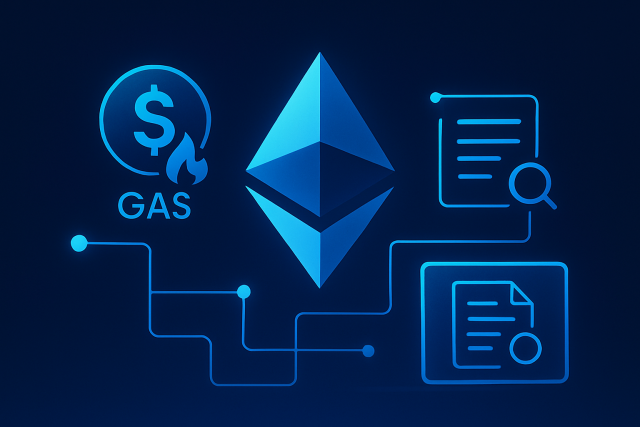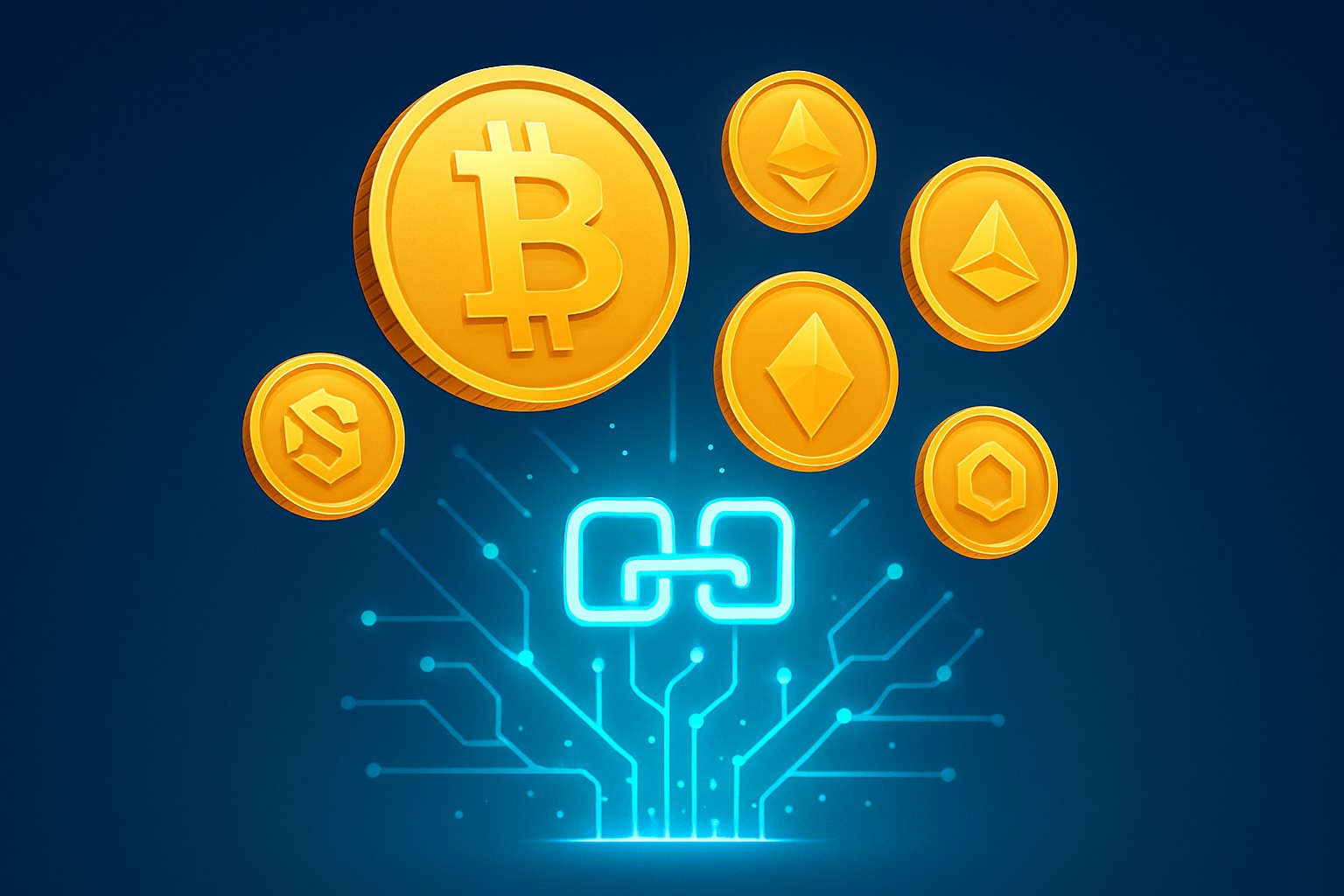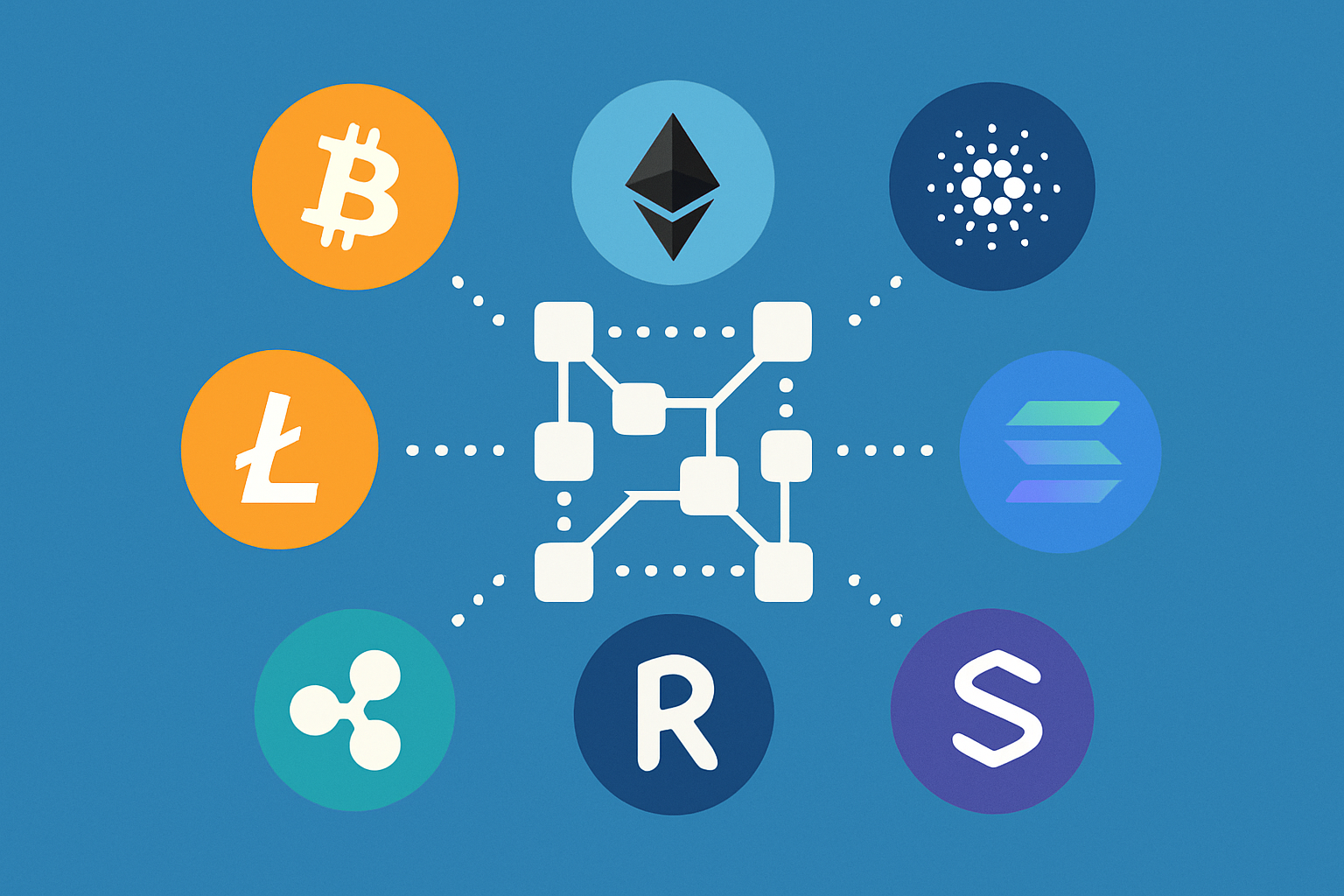
Understanding Cryptocurrencies


Money has always been at the heart of human society, evolving from dusty old coins and crumpled notes to sleek digital forms we cannot live without today. Cryptocurrencies appeared as a clever fix for problems like centralized control and slow transaction speeds. They brought a refreshing twist to how we securely swap value online.
So, What Exactly Are Cryptocurrencies Anyway
Cryptocurrencies are digital currencies that operate completely outside the realm of traditional banks or governments. Unlike your everyday cash they live only in electronic form and rely on clever math to lock down transactions and build trust.
- Cryptocurrencies operate on decentralized networks, meaning there’s no single boss calling the shots.
- They live purely in the digital realm, so forget about stuffing a Bitcoin in your wallet.
- Thanks to advanced cryptography, transactions stay locked down and ownership is verified with airtight security.
- Users can send money straight to each other, cutting out the usual middlemen and their fees.
- A lot of cryptocurrencies come with a capped total supply, which is a clever way to sidestep the inflation headaches we often see with traditional money.
Think of blockchain as a digital ledger where every transaction gets etched in stone—well digitally speaking of course. Cryptography acts like secret codes you might scribble in your diary to keep nosy siblings out and guard your info with a clever twist. Mining is like a treasure hunt where people race to solve tricky puzzles to earn the right to verify transactions.
What Is Cryptocurrency and How Does It Work A Quick Dive into the Digital Buzzword
When you send cryptocurrency, your transaction gets passed around a massive global network of computers. These diligent machines double-check to make sure your transaction is legit before tucking it away in a public ledger known as the blockchain.
You kick things off by picking who you are sending to and deciding on the amount.
That transaction gets broadcasted across the network like sending out an invite for everyone to check it out.
Then the miners or validators roll up their sleeves to double-check that everything adds up and the transaction is legit.
Once the dust settles and it’s given the thumbs-up, the transactions get bundled into a shiny new block that joins the blockchain.
Finally, the transaction racks up confirmations, letting everyone know it’s good to go and can’t be undone—kind of like sealing the deal with a firm handshake.
Consensus mechanisms like proof of work are a bit like a race to solve tricky puzzles and validate transactions. Proof of stake feels more like a lottery where your chances improve the more coins you hold in your wallet.
A Handy Guide
| Name | Launch Year | Purpose / Use Case | Market Position | Unique Feature |
|---|---|---|---|---|
| Bitcoin | 2009 | Think of it as digital gold that also makes peer-to-peer payments a breeze | Topping the charts by market cap | The trailblazer in cryptocurrency, widely accepted and hard to ignore |
| Ethereum | 2015 | Powers smart contracts and decentralized apps, kinda the Swiss Army knife of blockchains | Holding strong as the second largest | Built as a blockchain platform with programmability at its core |
| Binance Coin | 2017 | Acts as a handy utility token for the Binance exchange, giving users some neat perks | Cracks the top 5 | Sweetens the deal with trading fee discounts and a few other goodies |
| Cardano | 2017 | Focuses on scalable smart contracts and dApps, with a strong nod to sustainability | A frontrunner in proof of stake networks | Puts a spotlight on sustainability and formal verification, no shortcuts here |
| Ripple (XRP) | 2012 | Makes cross-border payments zippier and cheaper than you would expect | Well-loved in banking circles | Known for lightning-fast and super low-cost transactions |
Bitcoin is often hailed as the pioneer and heavyweight champ of cryptocurrencies and has earned the nickname digital gold for good reason. People lean on it not just as a safe stash for their money but also as a handy tool to make payments. Ethereum stepped up the game by launching smart contracts—clever programs that kick into action automatically once certain conditions are met. Thanks to that we’ve seen a wave of decentralized finance, gaming, and other creative uses sprout up. Other cryptos like Binance Coin focus on smoothing out bumps in exchange trading. Projects like Cardano aim to craft more sustainable and thoroughly verified blockchain solutions. Ripple is the go-to choice for banks aiming to speed up cross-border money transfers and is really shaking up how international payments get handled in the financial world.
Why Are Cryptocurrencies Important? Let us dive into what makes them tick and why they have caught the world's attention.
Cryptocurrencies open the door to broader financial inclusion by letting anyone with an internet connection join the party. They often slash transaction costs and cut out middlemen. They push back against censorship and promote transparency through open ledgers anyone can peek at whenever they fancy.
Using cryptocurrencies often feels like having your own personal bank that’s open 24/7, no closing hours, no borders to slow you down, and best of all, no middlemen poking their noses into your business.
Cryptocurrencies hold a lot of promise but they’re not without their fair share of headaches. Their prices can swing wildly, sometimes feeling like a rollercoaster ride which ups the financial risks for users and investors. Around the globe regulators are still scratching their heads trying to figure out how to keep things running smoothly without throwing cold water on innovation. The legal landscape is anything but clear-cut at this point. Adding fuel to the fire some consensus mechanisms, especially proof of work, guzzle a surprising amount of energy and stir up environmental worries.
A Down-to-Earth Guide to Getting and Using Cryptocurrencies
There are a few ways to get your hands on cryptocurrencies. You can buy them on exchanges with regular money, mine them by lending your computing power, earn them by selling services or goods or trade directly with others through peer-to-peer deals.
- Hardware wallets keep your crypto cozy and offline, making it a tough nut for hackers to crack.
- Software wallets give you the convenience of accessing your funds through apps or desktop, but watch your back when it comes to security.
- Paper wallets involve printing your private keys on paper for cold storage. They’re great for long-term holding, though you have to be careful not to misplace or mess up the paper.
Cryptocurrencies have become go-to tools for quick, border-free payments—letting individuals send money across countries with way lower fees than traditional routes. They’re also favorites for investing or trading on digital platforms, not to mention running smart contracts that can automate agreements without the usual middlemen hanging around.

Visual representation of popular cryptocurrencies connected via blockchain technology
Frequent Misunderstandings About Cryptocurrencies That Often Trip People Up
A lot of people tend to lump cryptocurrencies into the shady side of things, picturing them as little more than tools for illegal activities or simply writing them off as worthless. Others are convinced they offer total anonymity or that they’re too complex for the average person to wrap their heads around.
- It’s a common myth that only criminals fiddle with cryptocurrencies. Millions of everyday people around the globe use them for legal transactions without breaking a sweat.
- The rules are still catching up as crypto evolves but plenty of countries already have solid regulations to keep things on the up and up, especially for taxes.
- Owning crypto doesn’t have to feel like rocket science. Many wallets and exchanges are designed to be user-friendly, making it easier than you might expect to get started.
- Blockchain is the guts behind cryptocurrencies—it’s the tech wizardry—but it’s important to remember it’s not the same as the currencies themselves.
- Cryptocurrencies aren’t magically immune to hacking. Much of the security depends on how careful users are and how locked-down the platforms are.
What the Future Might Hold for Cryptocurrencies
Cryptocurrencies look like they are gearing up to weave themselves more tightly into traditional finance, which could seriously shake up how money moves around the world. With governments rolling up their sleeves to hammer out clearer rules, institutional adoption might pick up steam alongside innovations like decentralized finance and blockchain systems that talk to each other.
Keeping up with reliable sources like cryptocurrency news can help people cut through the hype and fear surrounding cryptocurrencies and make it easier to land on thoughtful decisions. Getting a solid grip on the fundamentals and potential risks usually sets you up to navigate the cryptocurrency world without feeling in over your head.





